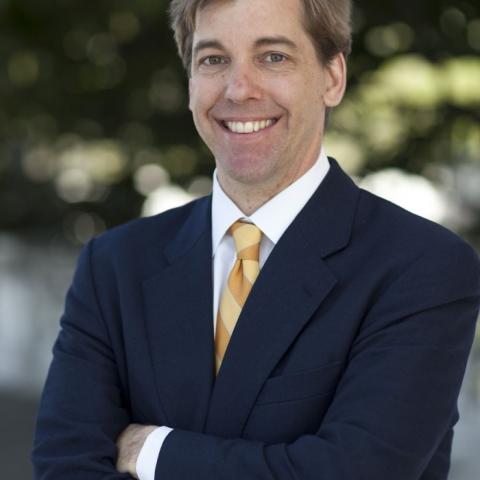
John Nemec

Education
- BA, University of Rochester
- MA, University of California System : Santa Barbara
- MPhil, University of Oxford
- PhD, University of Pennsylvania
Research Interests
- Hinduism and Indian Religions, Śaivism, Sanskrit, Tantric Studies, Indian Philosophy, Religion and Politics, Theory and Method in the Study of Religion
My research centers on Indian religions and South Asian intellectual, religious, and cultural history, particularly the philosophy and religious and narrative literatures of the Kashmir Valley of the ninth to twelfth centuries, a period of flourishing religious diversity and great literary and cultural production, when the Valley was perhaps the most important intellectual and cultural center of South Asia. My areas of specialization are Hinduism and Indian religions and Tantric (i.e., Indian Esoteric) Studies in particular; Sanskrit language and literatures; and Indian philosophical traditions.
My first two books examine the philosophy and religious vision of one Somānanda, a Kashmiri, high-caste Brahmin of the tenth century, whose magnum opus, the Śivadṛṣṭi, offered a theological and philosophical articulation of non-dual Śaivism that constituted a public defense of an esoteric, tantric tradition. The work is notable for its distinguished legacy: it is the first work of the influential Pratyabhijñā (or “Recognition”) School, which quickly developed a pan-Indian following and culminated in the philosophical writings of Somānanda’s great-grand-disciple, the colossally influential, late tenth- and early eleventh-century polymath, Abhinavagupta.
My third book examines Hindu narrative literatures in Sanskrit that address a common theme—the interface of religion and politics in premodern South Asia. More generally, my current scholarly work examines the larger intellectual and cultural context of Kashmir around the turn of the second millennium, looking in particular at ways in which intellectual and social history are mutually formed, usually through institutions of religion.
A full CV and .pdf copies of selected publications may be found on my page at Academia.edu.